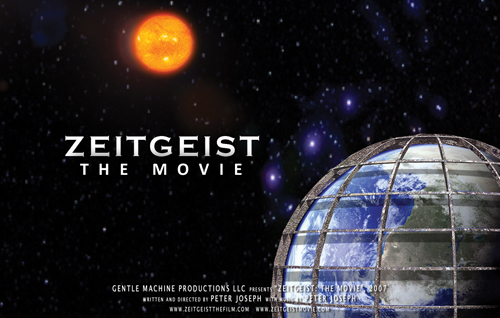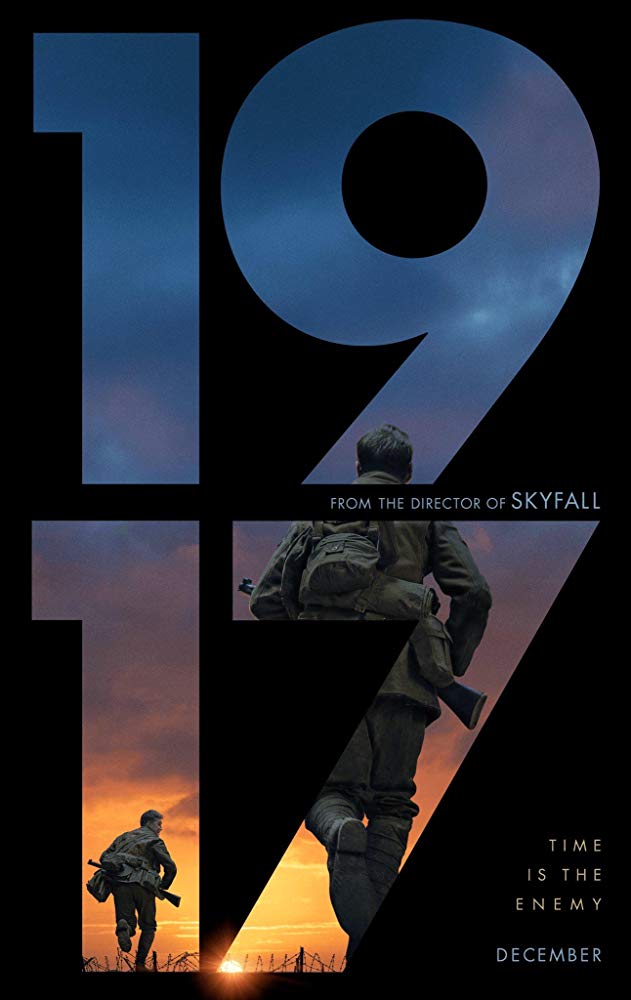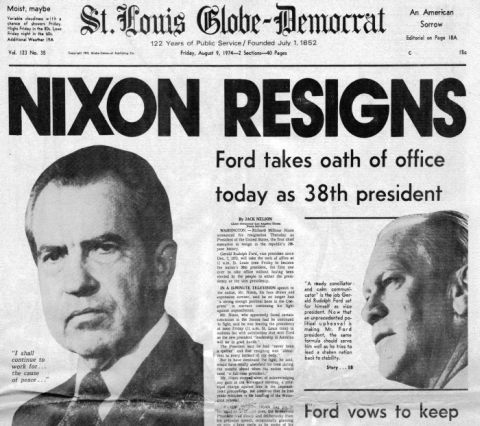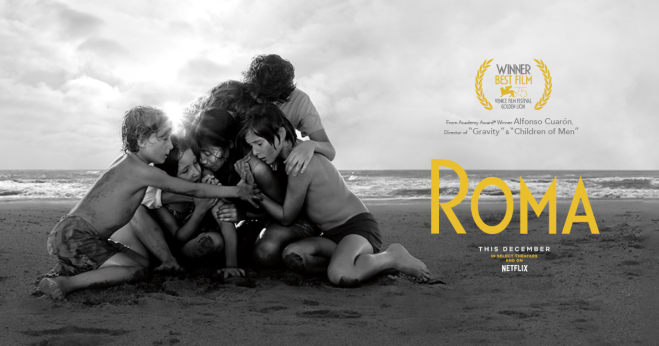
A vast cloud has been detected in outer space, and it’s heading toward Earth. Every being who has crossed its path has been lost. Admiral James Tiberius Kirk sees in this crisis an opportunity to escape a tedious desk job, and get back to his first love. Hopping galaxies in the star ship he used to call home.
So begins Star Trek the Motion Picture (TMP), which is – to my mind – the most spiritually aware of all the classic Trek movies. It’s also probably the most “Star Trek” of those films, because it touches on themes that affect us all. No, it doesn’t have “God” in it, or the famous line “What does God need with a star ship?” That’s left to the inferior Star Trek V. But the spiritual themes are more mature and deeply embedded in this first one.
During the torturous pre-production period for TMP, the Paramount Studio executives reportedly urged Gene Rodenberry to elevate the story to religious sorts of levels. They didn’t want a swash buckling Star Trek on the big screen. They wanted 2001 a Space Odyssey, a thoughtful and inspiring tale.[1] Right or wrong, I think that’s kind of what they produced.
It is forty years since TMP was released. I vividly remember going to see it in Glasgow during Christmas 1979. Of being amazed by how incredible it looked, but confused by the different feel to the TV Show I loved. Yet even as a youngster, I sensed the weighty themes at play in this movie.
So – what spiritual themes are found here? Someone might say – “It was just slow. It dragged. It was boring. Just like church is.” Well, that’s not quite what I was thinking of.
The Need to Know Who We Came From
It turns out that the cloud threat, V’Ger, is heading to Earth. But not to destroy it. Rather, V’Ger is travelling vast distances to meet with and to eventually join with its creator. Spoiler alert – V’Ger is actually NASA’s Voyager 6 probe, repurposed by a distant and advanced civilisation that made it sentient and sent it home again.
There’s a sense in which mankind’s religions have a similar aim. It is the attempt of the individual to somehow reach and to understand the greater reality, the one who is responsible for us being here in the first place or some state of ultimate spiritual fulfilment. So many people want to somehow relating to this bigger reality that has to do with where they came from. In the TV cut of TMP, Commander Decker actually says that V’Ger has done what people do, it has make God in their own image.[2]
The Need to Become, So That We Can Know
As the star ship Enterprise intercepts the cloud, V’Ger has to take the form of a member of the Enterprise bridge crew in order to engage and interact with Kirk, Spock, Bones and the rest. They lose their bridge officer, Lieutenant Ilia, only for her to return again in a slightly different form. While taking a shower. Go figure!
By using Ilea, V’Ger trying to understand and engage with the crew of the Enterprise, to learn everything it can, becoming like them so that it can know and understand more. V’Ger has to change itself, and take on something knew so it can know more.
The Need to Live a Significant Life
Admiral Kirk has been on his own quest, to recover past glories, and get back to his hearts deepest desires. Being Captain of a star ship. Yet in doing so, he finds that the Enterprise has changed. She’s not the same vessel she used to be.
Kirk has a need for fulfilment in life, of feeling that he is able to contribute in a significant way. Surely this is a longing within each of us? And it has similarities to the longings within V’Ger. Is this all I am? Is there nothing more? Kirk intuitively knows what he’s good at, and he wants to reclaim this position at all costs. Even if he must sacrifice other people to achieve it. Perhaps he realises that life is short, and in the end you need to spend the years you’ve got doing what you love, and doing something that makes a difference somehow?
The Journey to the Next Level of Life
Probably my favourite character arc is that of Spock. Kirk’s friend has been on a quest of his own for 10 years since we last saw him. His aim has been to finally purge all emotion from his life thru Kolinahr. And yet tragically Spock has failed in this quest. In an attempt to understand why, he realises that he must discover just what V’Ger is and what it’s aims are. And he uses the Enterprise and her crew to do that. But are his aims noble? Or … like Kirk may be doing … would he put his needs above those of others on the ship? It’s a fascinating tension there in the second act of the story.
Spock’s overall journey is one of abject failure which results in a reconnection with the people who had previously been his adopted family on board the star ship Enterprise. Spock finds what he needs in his interactions with V’Ger, and experiences a break thru from the failures and disappointments of the past into a new place of purpose and significance and belonging in his own life.
What about Bones? Sadly – he’s just along for the ride in this picture! What a shame.
The Need to Know and Be Known
V’Ger, has been travelling the universe learning all that can be known. Who cannot relate to the sense that there is so much that we do not know? But we have the urge to learn more. And what about so many big questions? Who am I and what is my purpose in life? I long to understand. Yet there is more. More than knowing answers, is actually being known by another. Personal intimacy is more important and vital than all the learning one can do, particularly with the one who originally created us.
The Themes
It turns out, Star Trek the Motion Picture is a story about knowing:
- Knowing that you have managed to make contact with the person who created you
- Changing to become like someone else so you can know what they are like.
- Knowing what you want, and doing everything you can to get it.
- Knowing that you have failed, and needing to find out whether you can move to the next stage of your life or not.
- Coming to the realisation that knowing everything that can be known is not enough. The more important thing – is being known by the one that made you.
Christianity
It is fascinating for me then that, while TMP reflects human spirituality in its thematic structure, it is a very human form of religion we find there. Yet Christianity turns the tables on this very human search for meaning and knowledge. We might not realise it, but Christianity shows that it is not possible for the creature to restlessly reach for the greater thing. In the end it’s not mankind’s role to be like V’Ger, and seek to join with its creator. Actually it is the opposite. God comes looking for us instead.
Are Christians making God in our image here? Well, who would have imagined that the transcendent creator would stoop so low as to come in search of little me. It’s an absurd suggestion, it’s wonderful, it’s Christianity.
God wants to be known by me, and is willing to find us to let that happen. We are the people who have gotten lost and are in deep need of being rescued. God’s the one looking for us, not the other way around. He has the resources to become like us to find us, and to help us know what our purpose is in life. He can help us connect with him, to achieve what V’Ger, Kirk and Spock were all trying to get to. A life of true meaning, being known and loved for ever.
“The virgin will conceive and give birth to a son, and they will call him Immanuel (which means “God with us”).” Matthew 1:23, NIV
“For the Son of Man came to seek and to save the lost.” Luke 19:10, NIV
Though he was God,[a]
he did not think of equality with God
as something to cling to.
Instead, he gave up his divine privileges[b];
he took the humble position of a slave[c]
and was born as a human being.
When he appeared in human form,[d]
he humbled himself in obedience to God
and died a criminal’s death on a cross.
Therefore, God elevated him to the place of highest honor
and gave him the name above all other names,
that at the name of Jesus every knee should bow,
in heaven and on earth and under the earth,
and every tongue declare that Jesus Christ is Lord,
to the glory of God the Father. Philippians 2:6-11, NLT
[1] They were also confused about whether they wanted a movie or a new TV series. Eventually, Star Trek Phase II was dropped in favour of a new movie in the wake of the success of Star Wars at the box office.
[2] “In Thy Image” is actually a title for a proposed episode for a new Star Trek series which never happened, and instead was used as an inspiration for TMP.




















